Medication-Induced Acne: Understanding The Connection And Managing Breakouts
Medication-Induced Acne: Understanding the Connection and Managing Breakouts
Related Articles: Medication-Induced Acne: Understanding the Connection and Managing Breakouts
Introduction
In this auspicious occasion, we are delighted to delve into the intriguing topic related to Medication-Induced Acne: Understanding the Connection and Managing Breakouts. Let’s weave interesting information and offer fresh perspectives to the readers.
Table of Content
Medication-Induced Acne: Understanding the Connection and Managing Breakouts
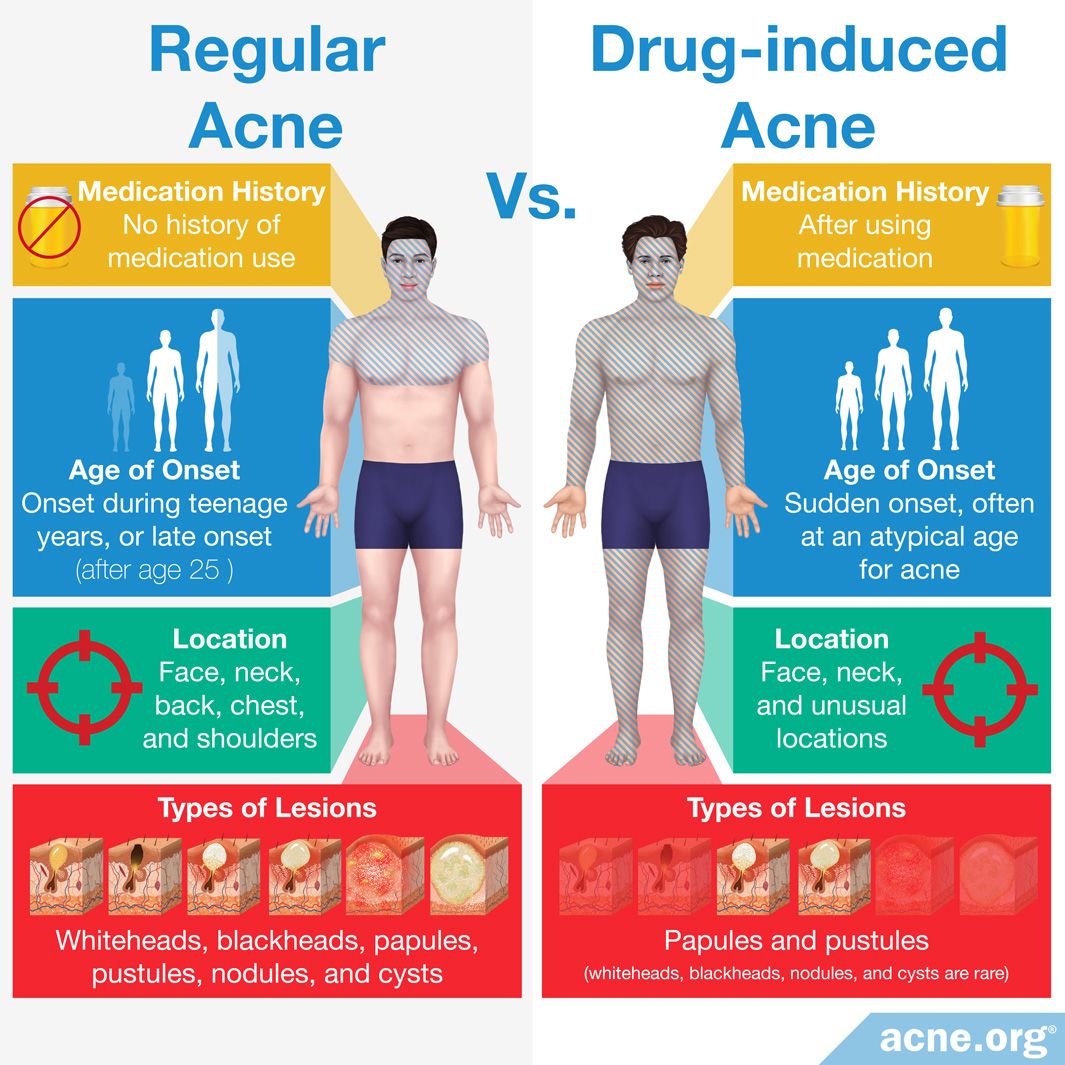
Acne, a common skin condition characterized by pimples, blackheads, and whiteheads, can be a frustrating and persistent issue. While various factors contribute to its development, including genetics, hormones, and lifestyle choices, certain medications can also trigger or worsen acne breakouts.
This article delves into the intricate relationship between medication and acne, providing comprehensive insights into the types of drugs that commonly cause breakouts, the underlying mechanisms involved, and practical strategies for managing this side effect.
Understanding the Link Between Medications and Acne
Acne arises when hair follicles become clogged with oil, dead skin cells, and bacteria. While the exact mechanisms by which medications can induce acne are not fully understood, several factors play a crucial role:
- Hormonal Changes: Some medications, particularly those containing androgens (male hormones) or steroids, can disrupt the body’s hormonal balance, leading to increased sebum (oil) production and contributing to acne development.
- Increased Sebum Production: Certain medications can directly stimulate sebaceous glands, the oil-producing glands in the skin, resulting in excessive sebum secretion, which can clog pores and trigger acne.
- Inflammation: Some medications, such as lithium, can trigger inflammation in the skin, making it more susceptible to acne.
- Immune System Modulation: Certain medications, like immunosuppressants, can weaken the immune system, making the body more vulnerable to bacterial infections, including those that contribute to acne.
Common Medications Associated with Acne
While numerous medications can potentially cause acne, certain drug classes are more frequently associated with breakouts. Understanding these classes can help individuals and healthcare providers identify potential triggers and implement preventative measures.
1. Androgens and Anabolic Steroids:
These medications, often used for conditions like hypogonadism (low testosterone) and muscle-building, can significantly increase sebum production and exacerbate acne. Examples include:
- Testosterone: A male hormone that plays a crucial role in the development of acne.
- Anabolic Steroids: Synthetic compounds that mimic the effects of testosterone, often used by athletes for performance enhancement.
- Dehydroepiandrosterone (DHEA): A hormone precursor that can be converted to testosterone.
2. Corticosteroids:
These powerful anti-inflammatory medications, available in both oral and topical forms, can lead to acne due to their ability to stimulate sebaceous glands and alter hormonal balance. Examples include:
- Prednisone: A commonly prescribed oral corticosteroid for various inflammatory conditions.
- Hydrocortisone: A topical corticosteroid used for skin conditions like eczema and psoriasis.
3. Lithium:
This mood stabilizer, primarily used for treating bipolar disorder, is known to trigger acne in some individuals. The exact mechanism is unclear, but it is believed to involve inflammation and sebaceous gland stimulation.
4. Anticonvulsants:
These medications, used for controlling seizures, can also contribute to acne. Some common examples include:
- Valproic Acid: A mood stabilizer and anticonvulsant that can induce acne.
- Lamotrigine: An anticonvulsant that may trigger acne in some patients.
5. Immunosuppressants:
These medications, used to suppress the immune system and prevent organ rejection after transplantation, can increase the risk of acne due to their effects on the immune system and potential for inflammation. Examples include:
- Cyclosporine: An immunosuppressant used to prevent organ rejection.
- Tacrolimus: An immunosuppressant used for conditions like psoriasis and eczema.
6. Other Medications:
Beyond the aforementioned drug classes, several other medications can potentially cause acne, including:
- Antibiotics: While some antibiotics are used to treat acne, others, particularly those belonging to the tetracycline family, can paradoxically worsen acne.
- Certain Antidepressants: Some antidepressants, such as tricyclic antidepressants and selective serotonin reuptake inhibitors (SSRIs), have been linked to acne.
- Antihistamines: Certain antihistamines, like cyproheptadine, can contribute to acne by affecting hormone levels.
Managing Medication-Induced Acne
Managing acne triggered by medications involves a multi-pronged approach, encompassing lifestyle modifications, topical treatments, and adjustments in medication regimens.
1. Lifestyle Modifications:
- Maintain a Clean and Healthy Skin Routine: Regularly wash the face with a gentle cleanser, avoid harsh scrubbing, and moisturize the skin to prevent dryness.
- Avoid Picking or Squeezing Pimples: This can worsen inflammation and increase the risk of scarring.
- Diet and Nutrition: A balanced diet rich in fruits, vegetables, and whole grains can promote overall skin health.
- Stress Management: Stress can exacerbate acne. Techniques like exercise, meditation, and yoga can help manage stress levels.
2. Topical Treatments:
- Over-the-Counter (OTC) Treatments: Topical creams and lotions containing benzoyl peroxide, salicylic acid, or sulfur can help reduce acne by unclogging pores and controlling bacterial growth.
- Prescription Medications: A dermatologist can prescribe stronger topical medications like retinoids, which help regulate sebum production and reduce inflammation.
3. Medication Adjustments:
- Consultation with a Healthcare Professional: It is crucial to consult a healthcare professional if you suspect medication is contributing to your acne.
- Exploring Alternative Medications: If possible, your doctor may consider switching you to a different medication that is less likely to cause acne.
- Adjusting Dosage: In some cases, adjusting the dosage of the medication can help minimize side effects.
FAQs Regarding Medication-Induced Acne
Q: Can I stop taking my medication if it’s causing acne?
A: Absolutely not! It is crucial to never stop taking any medication without consulting your doctor. Discontinuing medication without proper medical guidance can have serious consequences for your health.
Q: How long does it take for medication-induced acne to clear up?
A: The duration of acne associated with medication varies depending on the individual, the medication, and the severity of the breakout. It can take weeks or even months for acne to clear up after discontinuing or adjusting medication.
Q: Can medication-induced acne leave scars?
A: Yes, medication-induced acne can lead to scarring, particularly if the breakouts are severe or if pimples are picked or squeezed.
Q: Are there any natural remedies for medication-induced acne?
A: While some natural remedies like tea tree oil or aloe vera may provide mild relief, they are not a substitute for proper medical care. It is crucial to consult a healthcare professional for effective acne treatment.
Tips for Managing Medication-Induced Acne
- Keep a Medication Journal: Document the medications you are taking, including dosages and any side effects you experience, to help identify potential triggers for acne.
- Communicate with Your Doctor: Discuss your acne concerns with your healthcare provider and be open about any medications you are taking.
- Be Patient: It may take time to find the right treatment plan for medication-induced acne. Be persistent and work closely with your doctor to manage breakouts effectively.
- Seek Professional Help: If your acne is severe or unresponsive to home remedies, consult a dermatologist for personalized treatment options.
Conclusion
Medication-induced acne is a common side effect that can significantly impact an individual’s self-esteem and quality of life. Understanding the relationship between medication and acne, identifying potential triggers, and adopting effective management strategies are crucial for minimizing breakouts and maintaining skin health.
Always consult with a healthcare professional for proper diagnosis, treatment, and guidance regarding medication-induced acne. By working collaboratively with your doctor, you can effectively manage this side effect and achieve a clear and healthy complexion.
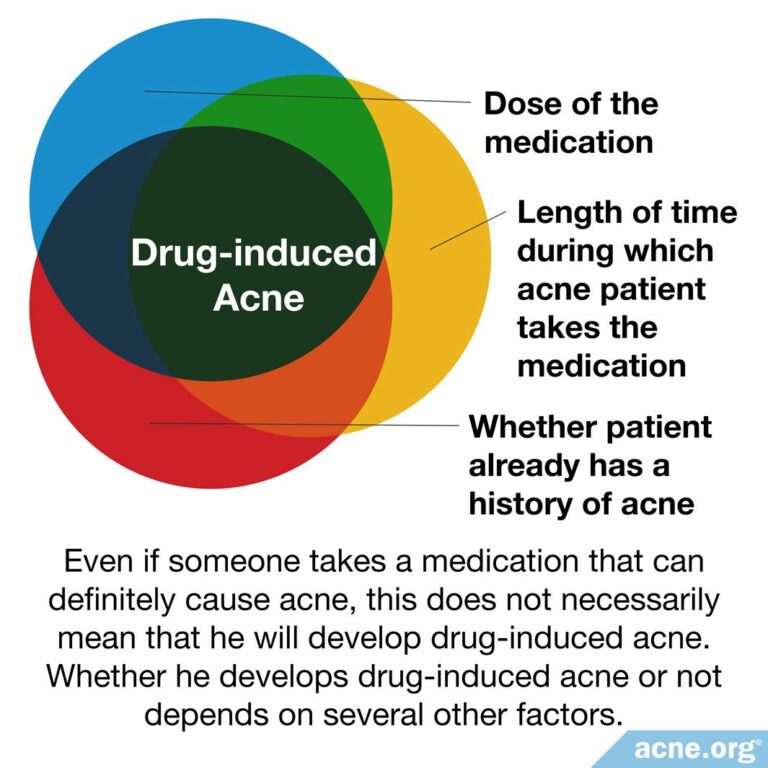
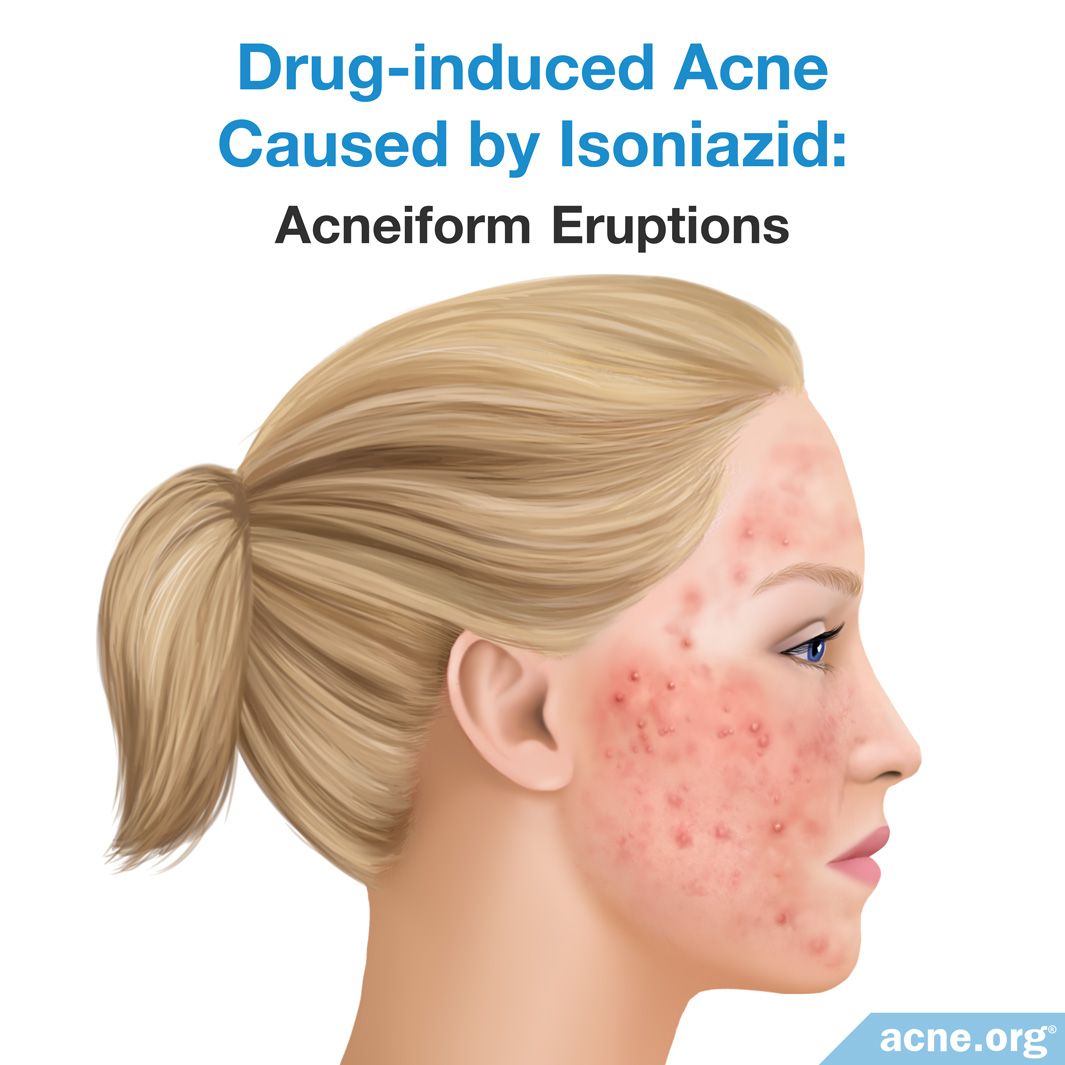
.jpg.24cd6ff4644d27f1fd39ba24c4d5ae53.jpg)
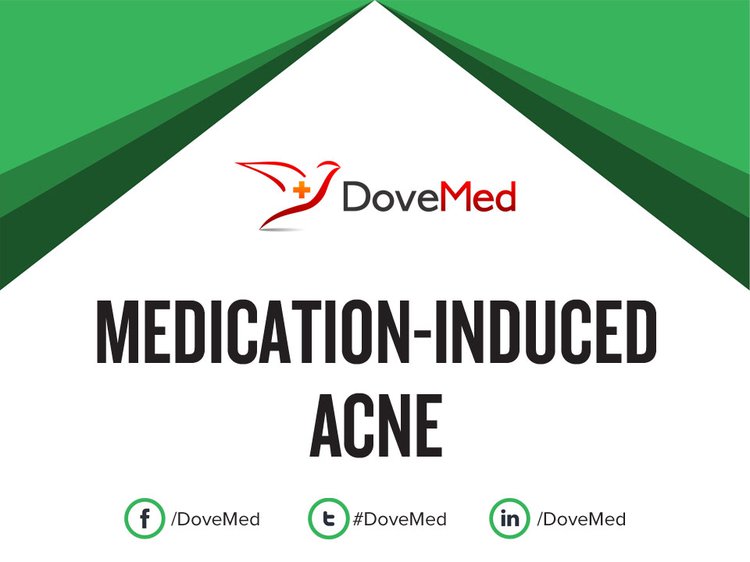

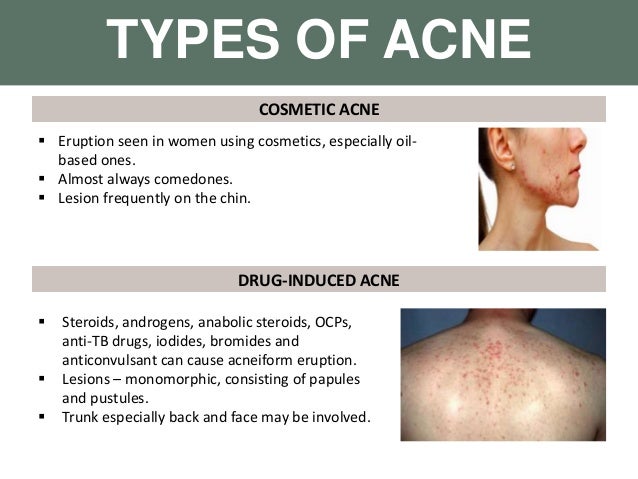


Closure
Thus, we hope this article has provided valuable insights into Medication-Induced Acne: Understanding the Connection and Managing Breakouts. We appreciate your attention to our article. See you in our next article!
You may also like
Recent Posts
- The Art Of Persuasion: A Comprehensive Guide To Makeup Product Label Design
- A Comprehensive Look At Mary Kay Cosmetics: Reviews, Insights, And Considerations
- Affordable Skin Care: A Guide To Effective Products Under INR 100
- Navigating The World Of Mary Kay Discounted Products: A Comprehensive Guide
- The Power Of High-Resolution Images: A Guide To Acquiring The Best Visuals For Your Projects
- The Power Of Reviews: Navigating The World Of Makeup Products
- Swiss Beauty Makeup: A Comprehensive Guide To Quality And Affordability
- Embracing Natural Beauty: Makeup Tips And Techniques For Women Over 50
Leave a Reply